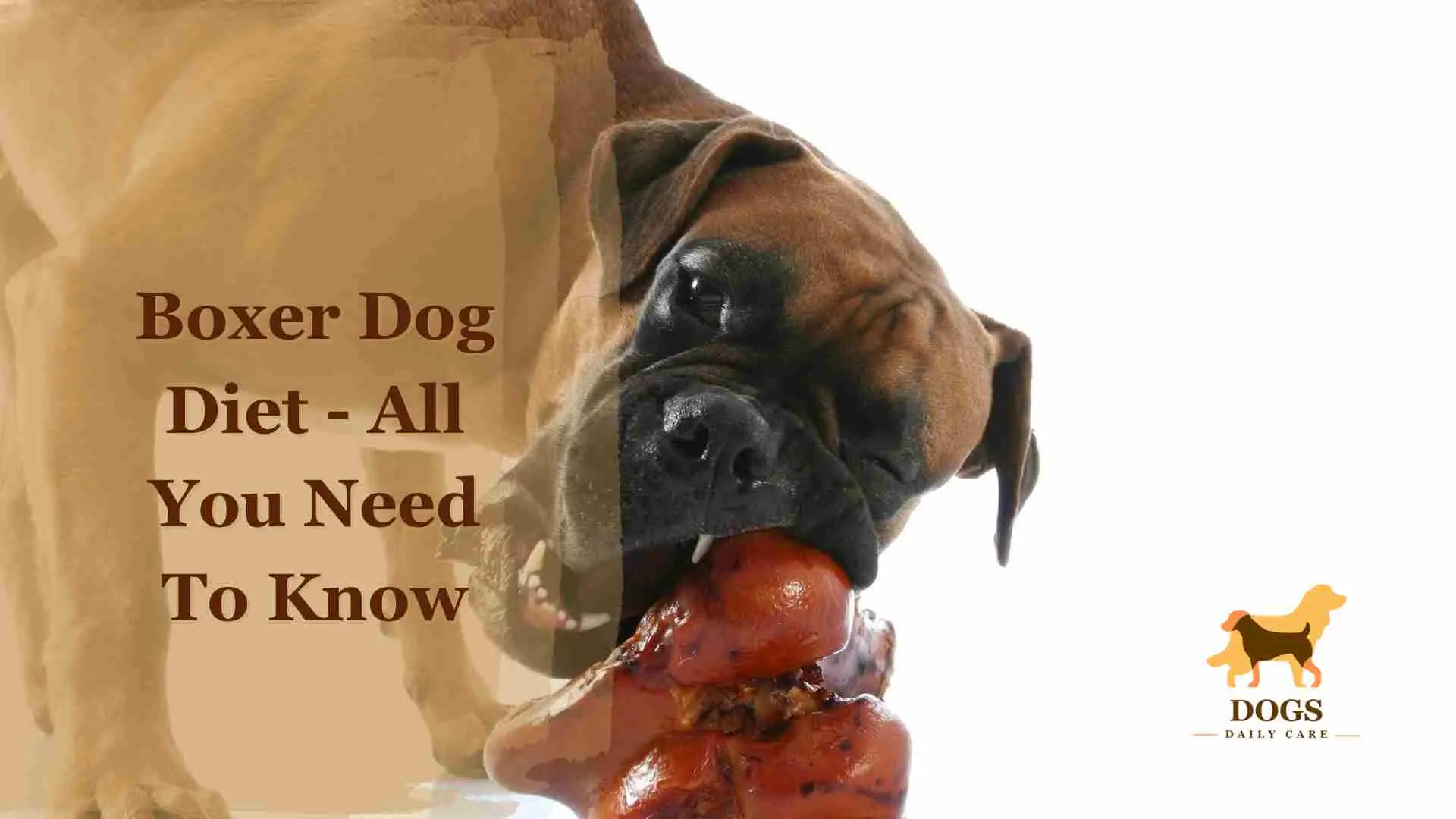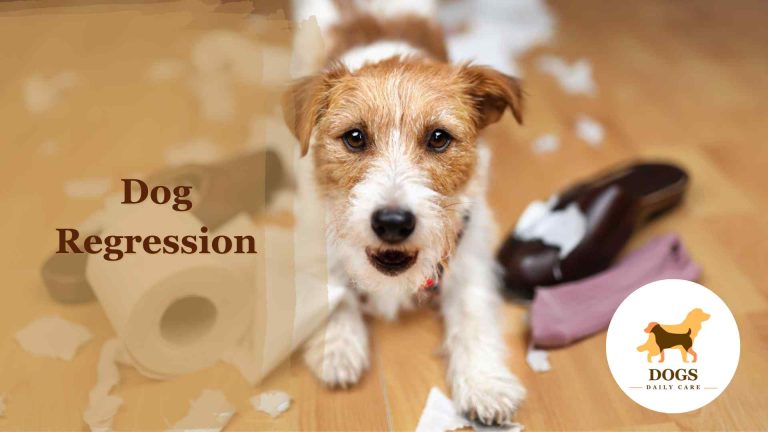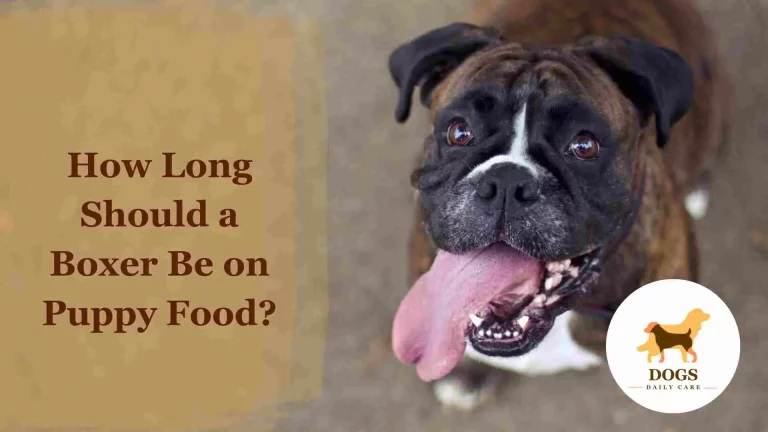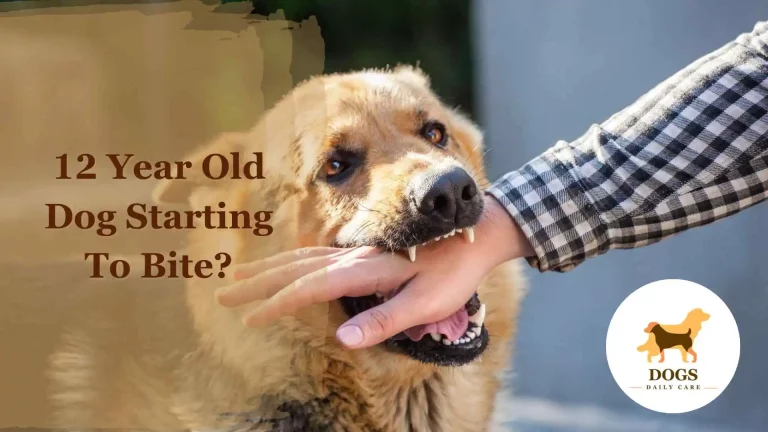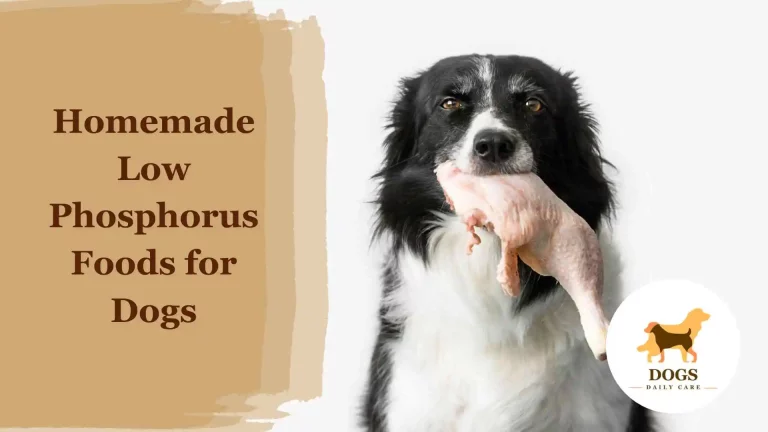Boxer Dog Diet – All You Need To Know
When it comes to keeping your Boxer dog healthy and vibrant, nothing plays a more crucial role than their diet. Boxers, known for their muscular build and boundless energy, require a nutrition plan that’s as robust and dynamic as they are. Just like athletes, these dogs need a balanced diet rich in essential nutrients to maintain their strength, agility, and overall well-being. This means choosing the right blend of proteins, fats, and carbohydrates, along with essential vitamins and minerals, tailored specifically to their unique dietary needs.
Understanding the dietary requirements of your Boxer is key to their health and longevity. Whether you’re a new Boxer parent or looking to optimize your furry friend’s diet, this guide will provide you with the essential knowledge and practical tips to ensure your Boxer thrives. From puppies to seniors, every stage of your Boxer’s life demands specific nutritional considerations, and getting this right can mean the difference between a life of vitality and one plagued by health issues.
Understanding the Nutritional Needs of Boxer Dogs
Boxer dogs are not just any breed; they’re a bundle of energy, strength, and playfulness. To keep up with their lively nature, their diet must be spot-on. It’s not just about feeding them; it’s about fueling their muscular bodies and active minds. The right balance of nutrients is crucial for their overall health and happiness.
Proteins
At the heart of a Boxer’s diet should be high-quality protein. Proteins are the building blocks for their strong muscles. Look for foods that list real meat like chicken, beef, or fish as the first ingredient. This ensures your Boxer gets the protein they need to stay active and healthy.
Fats
Boxers also need good fats. Healthy fats, like those from fish oil or flaxseed, give them energy and keep their coat shiny and skin healthy. These fats are also important for their joint health, which is crucial for such an active breed.
Carbohydrates
Carbs provide energy too. But choose wisely. Whole grains or vegetables are great for Boxers. They give them sustained energy and help with digestion. Avoid foods with too many fillers like corn or soy, as they offer little nutritional value.
Vitamins and Minerals
These are vital for a well-functioning immune system and overall health. Look for dog foods that are enriched with essential vitamins and minerals. Things like vitamin E, calcium, and phosphorus help keep your Boxer in top shape.
Water
Lastly, don’t forget water. Hydration is key, especially for a breed that loves to be active. Fresh, clean water should always be available to support their health and energy levels.
Ideal Diet for a Boxer Puppy

Feeding a Boxer puppy is about laying the foundation for a healthy life. These energetic puppies need a diet that supports their rapid growth and boundless energy. But it’s not just about quantity; the quality of their food is crucial too.
Quality Puppy Food
Start with high-quality puppy food formulated for medium to large breeds. These foods have the right balance of nutrients for a growing Boxer puppy. Look for food with real meat as the top ingredient. Puppies thrive on protein-rich diets that fuel their growth.
Feeding Schedule
Consistency is key. Feed your Boxer puppy three to four times a day. This keeps their energy levels stable and supports their fast-growing bodies. As they grow, you can gradually reduce feeding to twice a day.
Portion Control
Keep an eye on portions. Boxer puppies are prone to overeating, which can lead to obesity. Follow the portion guidelines on the puppy food package, and adjust as needed based on your puppy’s activity level and growth.
Avoid Human Food
It’s tempting to share your food with your adorable Boxer puppy, but resist the urge. Many human foods are unhealthy for dogs and can disrupt their nutritional balance.
Water
Just like with adult Boxers, water is essential. Always have fresh water available for your puppy. It helps with digestion and keeps them hydrated.
Starting your Boxer puppy with the right diet sets them up for a healthy, happy life. A balanced diet supports their growth and fuels their playful and energetic nature. Remember, when in doubt, consult your vet for personalized advice on your puppy’s nutritional needs.
Feeding Your Adult Boxer
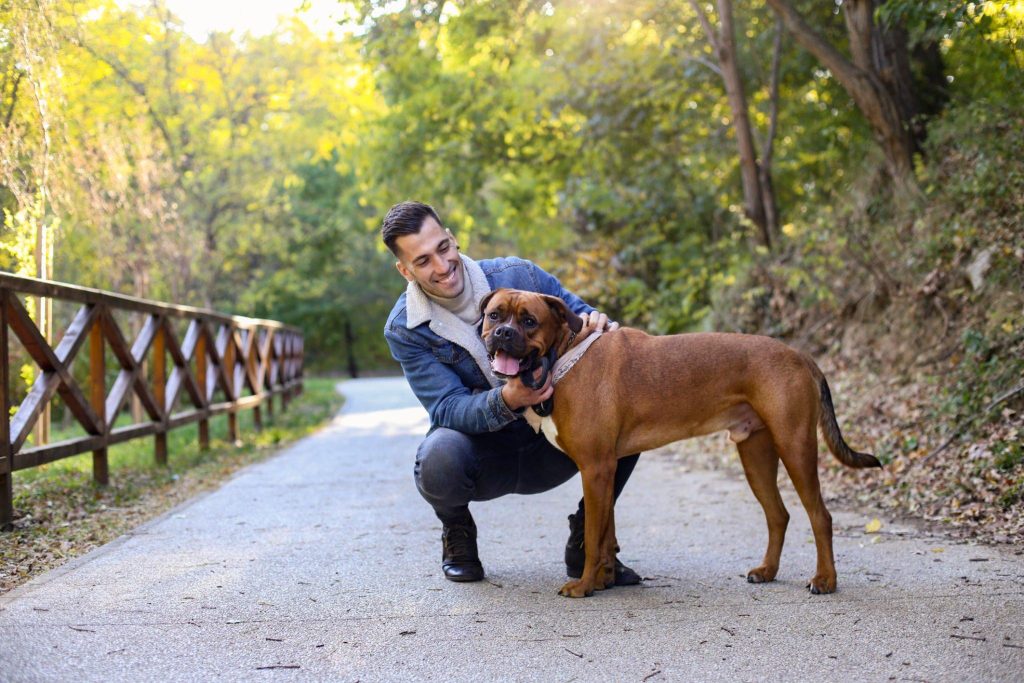
Nourishing an adult Boxer is all about maintaining their health and vigor. As they move from puppyhood to adulthood, their dietary needs shift. The focus is on maintaining muscle mass, supporting their high energy levels, and keeping them in prime condition.
Balanced Diet
Choose a high-quality adult dog food that’s rich in protein. Protein is essential for keeping your Boxer’s muscles strong. Foods with real meat, like chicken or beef, should be high on the ingredient list. But balance is crucial. Along with protein, your Boxer needs healthy fats, carbohydrates, vitamins, and minerals.
Monitor Portion Size
Portion control is vital. Overfeeding can lead to weight gain, especially if your Boxer isn’t very active. Stick to the recommended portions on the dog food package, and adjust based on your dog’s size, age, and activity level. A fit Boxer is a healthy Boxer.
Meal Frequency
Transition to feeding your Boxer twice a day. This helps prevent bloating, a common issue in large breeds like Boxers. Regular, scheduled meals also aid in digestion and keep their energy levels steady throughout the day.
Limit Treats
Treats are great for training and bonding, but use them sparingly. Too many treats can upset your Boxer’s nutritional balance and lead to weight gain. Choose healthy treat options and remember, treats should never be more than 10% of their daily calorie intake.
Fresh Water
Hydration remains a top priority. Always provide your Boxer with access to fresh, clean water. It’s essential for their overall health and helps them digest their food properly.
Feeding your adult Boxer the right way is key to a long, happy life. A well-balanced diet keeps them fit, supports their energy needs, and helps prevent health issues. Remember, every Boxer is unique, so it’s always a good idea to consult with your vet for specific dietary advice.
Special Dietary Considerations for Senior Boxers

As Boxers age, their dietary needs evolve. Senior Boxers require a diet that supports their changing bodies and maintains their quality of life. It’s not just about what they eat, but how it benefits their aging bodies.
Adjusted Protein Intake
Older Boxers still need protein, but in a form that’s easier to digest. Look for senior dog foods with high-quality protein sources. This helps maintain muscle mass without straining their kidneys.
Lower Calorie Diet
Senior Boxers are less active, so they don’t need as many calories. A diet lower in calories helps prevent weight gain, which can strain their joints and heart. But it still needs to be nutrient-rich to keep them healthy.
Joint Support
Look for foods that include joint-supporting supplements like glucosamine and chondroitin. These are essential for maintaining joint health, a common concern in older Boxers.
Easier to Eat
As Boxers age, they might have trouble with hard kibble. Softer foods or moistened dry food can make eating easier for them. This small change can make a big difference in their appetite and enjoyment of food.
Regular Vet Check-ups
Regular check-ups are crucial. They can help you tailor your senior Boxer’s diet to their specific health needs. Your vet might recommend supplements or special diets for health issues like heart disease or arthritis.
Feeding a senior Boxer requires a little more attention, but it’s worth it. The right diet can significantly impact their comfort and health in their golden years. By adapting their diet to their aging needs, you’re giving them the best chance for a happy, healthy senior life.
Homemade vs. Commercial Diets
When it comes to feeding your Boxer, you have two main choices: homemade diets and commercial dog foods. Each option has its benefits and considerations, and understanding these can help you make the best choice for your furry friend.
Homemade Diets
Preparing your Boxer’s meals at home gives you complete control over what they eat. You can ensure the use of fresh, high-quality ingredients and avoid preservatives and additives found in some commercial foods. However, homemade diets require careful planning. It’s essential to ensure that your Boxer gets all the necessary nutrients in the right amounts. Consulting with a vet or a pet nutritionist is crucial when going this route.
Commercial Diets
High-quality commercial dog foods are formulated to meet all of your Boxer’s nutritional needs. They’re convenient and often more balanced than what most pet owners can achieve with homemade meals. Look for brands that use whole-food ingredients and have a good balance of protein, fats, and carbohydrates. Avoid foods with fillers, artificial colors, or preservatives. Remember, the best commercial food for your Boxer is one that suits their specific health needs and lifestyle.
The Middle Ground
Some Boxer owners choose to mix both, using high-quality commercial food as a base and adding in some homemade elements for variety and extra nutrition. This can be a good way to give your Boxer the benefits of both worlds.
Ultimately, the choice between homemade and commercial diets depends on your lifestyle, your Boxer’s health, and what works best for both of you. Whichever route you choose, the goal is always the same: to provide a nutritious, balanced diet that keeps your Boxer healthy and happy.
The Role of Supplements in a Boxer’s Diet
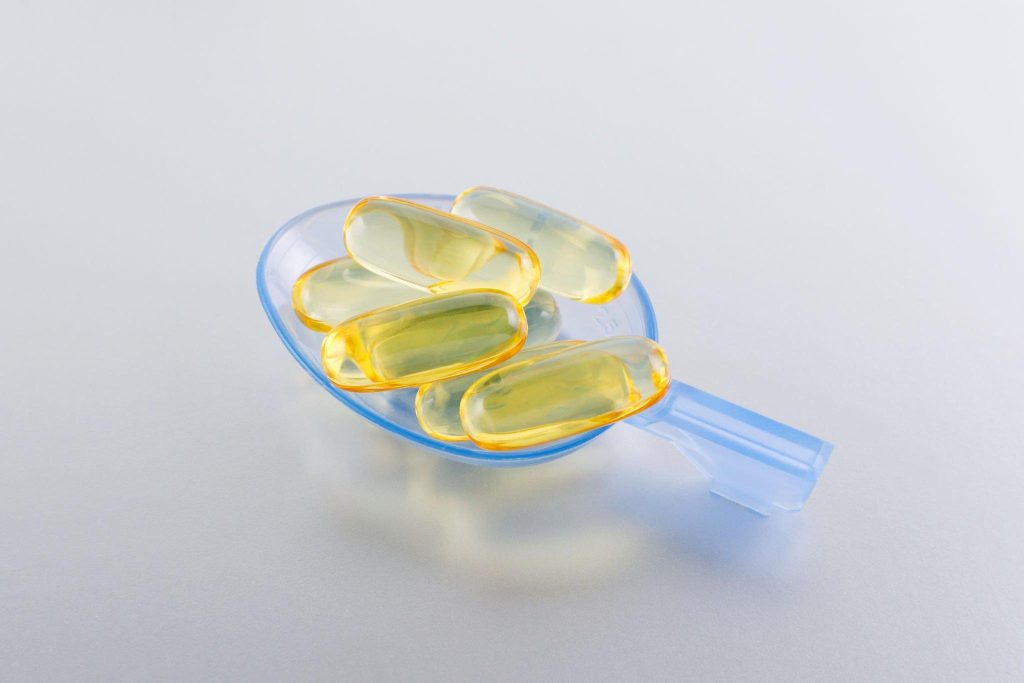
While a balanced diet is key for your Boxer, sometimes supplements can give them an extra health boost. Understanding when and why to use supplements is important for your Boxer’s overall wellbeing.
Joint Supplements
Boxers are active dogs and their joints can take a beating. Supplements like glucosamine and chondroitin support joint health, keeping them agile and pain-free. These are especially beneficial for older Boxers who may start showing signs of joint wear.
Omega-3 Fatty Acids
These are great for your Boxer’s skin and coat. Omega-3s, found in fish oil supplements, can help reduce inflammation and keep your Boxer’s coat shiny and healthy. They’re also good for heart health.
Probiotics
A healthy gut is essential for overall health. Probiotics help maintain a balanced digestive system, aiding in nutrient absorption and reducing gastrointestinal issues.
Vitamins and Minerals
Sometimes, your Boxer might need an extra boost in certain vitamins and minerals. This is especially true if they have specific health needs or dietary restrictions. However, it’s important to consult your vet before adding any vitamins or minerals to their diet.
Caution with Supplements
It’s vital not to over-supplement. Too much of a good thing can be harmful. Always talk to your vet before adding any supplement to your Boxer’s diet. They can guide you on the right type and amount.
Supplements can be a helpful addition to your Boxer’s diet, but they’re not a cure-all. The best approach is a balanced diet first, with supplements as a supporting act. With the right nutrition and supplements, your Boxer can enjoy a healthy, happy life.
Frequently Asked Questions (FAQs) about Boxer Dog Diets
1. What is the best type of food for a Boxer dog?
The best food for Boxer dogs is high-quality commercial dog food or a well-balanced homemade diet, rich in protein and balanced with healthy fats, carbohydrates, vitamins, and minerals. Always choose food appropriate for their life stage – puppy, adult, or senior.
2. How much should I feed my Boxer dog?
The amount of food depends on the age, size, and activity level of your Boxer. Generally, Boxer puppies need more frequent feeding. For adult Boxers, two meals a day is usually sufficient. Always follow the feeding guidelines on the dog food packaging and adjust as needed.
3. Can Boxer dogs eat grains?
Yes, many Boxers can eat grains. However, some may have sensitivities or allergies to grains. Choose whole grains like brown rice or oats, which are more nutritious. If your Boxer shows signs of grain allergies, consult your vet for a grain-free diet.
4. Are there any foods I should avoid giving my Boxer?
Avoid foods that are toxic to dogs, such as chocolate, grapes, onions, and xylitol (a sweetener). Also, steer clear of foods high in fat and salt. It’s best to avoid giving your Boxer table scraps, as they can disrupt their nutritional balance.
5. Do Boxer dogs need supplements in their diet?
Supplements can be beneficial, especially for joint health, skin, and coat quality. Omega-3 fatty acids and glucosamine are popular choices. However, always consult your vet before adding supplements to ensure they are necessary and given in the correct dosage.
Conclusion
In conclusion, understanding and catering to the unique dietary needs of your Boxer dog is crucial for their health and happiness. From high-protein diets for energetic puppies to tailored meals for active adults and considerate adjustments for senior Boxers, each stage of your dog’s life demands specific nutritional attention. Remember, the right diet can prevent health issues and enhance the quality of life for your beloved Boxer. Regular vet consultations and staying informed about their dietary needs will help you make the best choices for your furry friend’s nutrition.
As we wrap up this guide on Boxer dog diets, remember that a balanced diet, appropriate supplements when necessary, and an understanding of individual dietary needs are key to your Boxer’s longevity and wellbeing. Whether you choose homemade meals, commercial diets, or a combination of both, always prioritize quality and suitability for your dog’s specific needs. By doing so, you’re ensuring that your Boxer remains a happy, healthy, and energetic companion for years to come.

